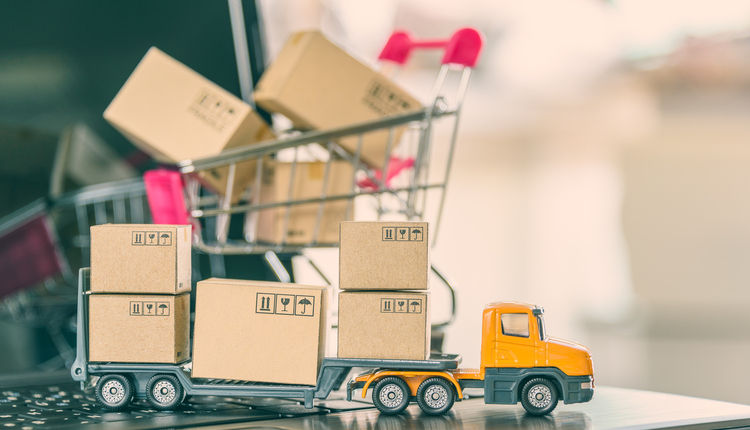While tariffs may disrupt supply chains and discourage the import of goods, they can potentially create an opportunity for domestically recirculated, reused, and refurbished products.
China, for example, accounts for 79% of U.S. laptop and tablet imports and 78% of smartphone imports, according to the Consumer Technology Association (CTA). Furthermore, almost all iPhones are manufactured in China, according to the Council on Foreign Relations, though some production has shifted to India.
Reverse logistics, the process of moving goods from consumers back to sellers or manufacturers for return, repair, recycling, or disposal, has historically been viewed as a cost center. But as tariffs increase the price of new imported goods, particularly in electronics, automotive parts, and appliances, refurbished alternatives could become more economically attractive.
During, RLA’s conference in March, Brian Comiskey, senior director of innovation and trends at the Consumer Technology Association, said that the industry group had projected U.S. consumers would spend $537 billion in consumer technology purchases this year – but that figure does not consider the recent tariffs.
“Our research shows that if tariffs continue to be enacted, you could see a reduction in that $537 billion figure by $90 to $143 billion in decline of U.S. consumer purchasing power,” he said.
As new consumer devices get more expensive, tariffs could drive demand for refurbished products, said Jennifer Foxworthy, director of certified refurbisher partner network and licensing at HP during the RLA conference. This could also drive the reverse logistics industry to become more regional than global, she further noted.
The global refurbished electronics market size was estimated at $272.4 billion in 2024 and is expected to reach $487.3 billion by 2032 according to MMR Research Associates.
Tariffs can also encourage companies to rethink their supply chains by shortening product life cycles and increasing the use of domestic refurbishment operations. For instance, rather than importing a new component subject to a 25% tariff, a manufacturer might choose to refurbish a domestically sourced used component. This not only avoids the tariff but also aligns with environmental sustainability goals, which are increasingly important to regulators and consumers alike. David Watson of RL Equity said at the RLA conference that he’s already heard from companies that want to find domestic reverse logistics partners in the U.S. because of the tariffs.
For shippers and logistics providers, these dynamics can open up specialized niches. Managing returns and refurbished goods requires different capabilities than traditional forward logistics. For example, reverse logistics often involves decentralized pickup, variable routing, condition assessment, and more flexible warehousing solutions. Companies that can develop systems and expertise around these needs will be better positioned to capitalize on the growing demand for refurbishment-related logistics services.
Tariffs can also spur innovation within the reverse logistics and refurbishment sectors. With the economic incentive to extend the life of goods, companies may invest more in technologies such as AI-driven diagnostics, automated testing systems, and robotics for disassembly and repair. These investments can improve the efficiency and scalability of refurbishment operations, lowering costs and improving margins.
While increasing tariffs may challenge traditional logistics and supply chain models, they can be a catalyst for growth in the reverse logistics and refurbished goods sectors. Shippers and logistics professionals who recognize this opportunity can adapt their services, invest in new capabilities, and position themselves as leaders in an evolving trade environment.
A special thank you to Colin Staub of E-Scrap News for capturing these quotes from RLA’s conference. Be sure to check out his article: Electronics recovery firms convene at RLA 2025 https://resource-recycling.com/e-scrap/2025/03/13/electronics-recovery-firms-convene-at-rla-2025/
Tony Sciarrotta is the Executive Director of the Reverse Logistics Association.













